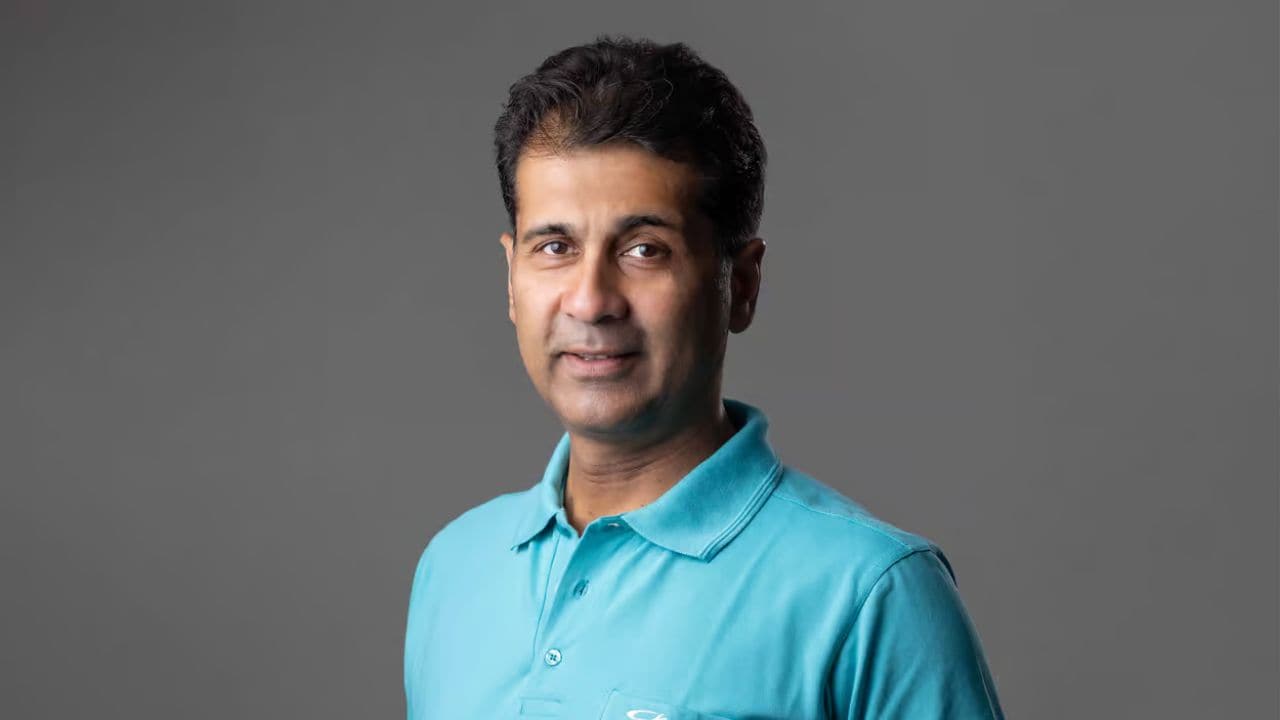Rajiv Bajaj, Managing Director of Bajaj Auto, in an interview with CNBC-TV18, weighed in on the ongoing debate about long working hours, sparked by recent comments from Larsen & Toubro (L&T) Chairman S.N. Subrahmanyan.
Bajaj emphasized the need to prioritise the quality of work over sheer time invested. “Number of hours of work don’t matter, quality of work does. We need a kinder, gentler world more than ever before,” Bajaj told CNBC-TV18.
Bajaj’s remarks came as Subrahmanyan’s controversial statement from an internal meeting went viral, where he joked about employees working on Sundays, asking, “What do you do sitting at home? How long can you stare at your wife? How long can the wife stare at your husband? Get to the office and start working.”
Read more: L&T Chairman Urges Working on Sundays, Says ‘How long can you stare at your wife?’
The comment stirred discussions about work culture, though an L&T employee later clarified that it was made in jest.
Addressing leadership’s role in fostering a productive work environment, Bajaj remarked, “The bottleneck is always at the top of the bottle.” He urged leaders to introspect, refine decision-making processes, and empower their teams to drive meaningful results.
Highlighting organisational challenges, he pointed out the imbalance in authority and information, stating, “The problem here is that people at the frontline have all the information but none of the authority, while those at the top have all the authority but almost none of the information.”
Bajaj stressed the importance of decentralised decision-making and called for a shift away from outdated management practices to create a healthier work culture. “Companies must move away from regressive policies like fixed number of working hours,” he added.
He also underlined the significance of work-life balance, saying, “Even if someone works 70 or 90 hours a week, their life remains interconnected with other aspects—family, health, and well-being. Ignoring this interconnectedness will come at a cost.”
Reflecting on his own practices, Bajaj revealed that he adopted remote work as early as 2018, long before it became the norm during the pandemic. “Work isn’t bound by geography. Why should I drive, pollute, and congest the roads if I can accomplish the same tasks from home?” he said.
